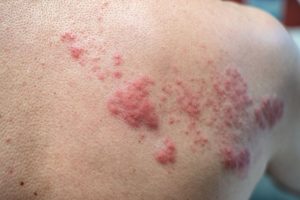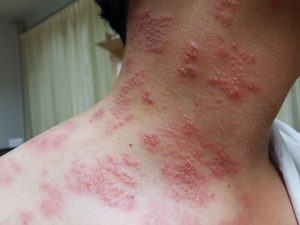
What Are The Early Signs Of Shingles? How Should They Be Treated?
Shingles, also known as herpes zoster, is most common in older adults and people with weakened immune systems. Recognising the early signs of shingles and understanding how to treat them can help manage this painful condition and prevent complications. Early Signs of Shingles After a person has had chickenpox, the





























